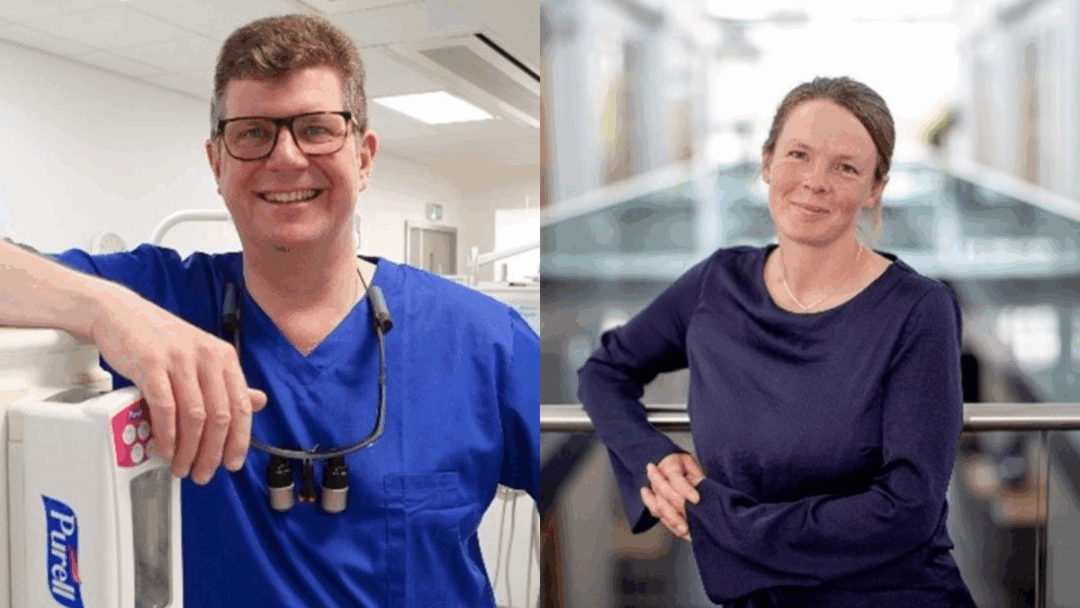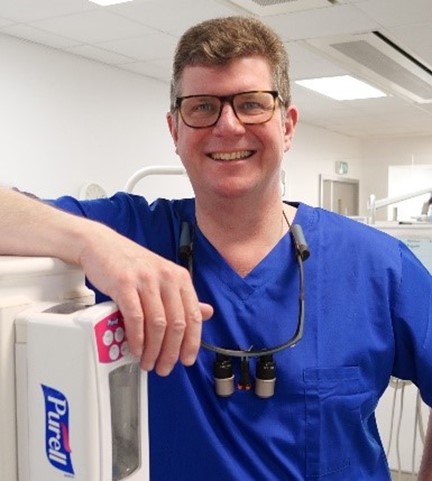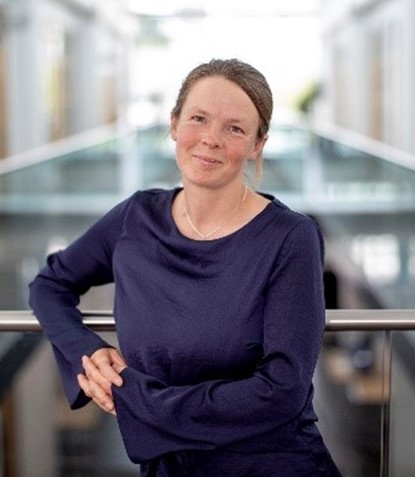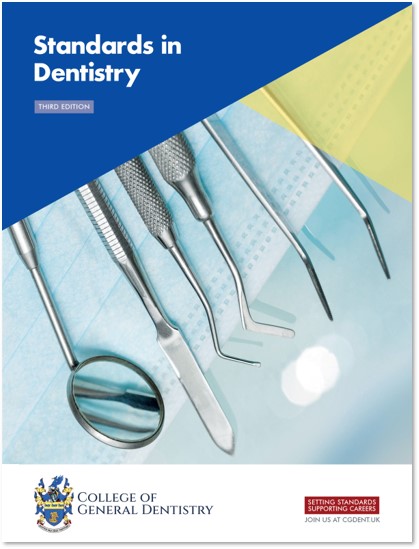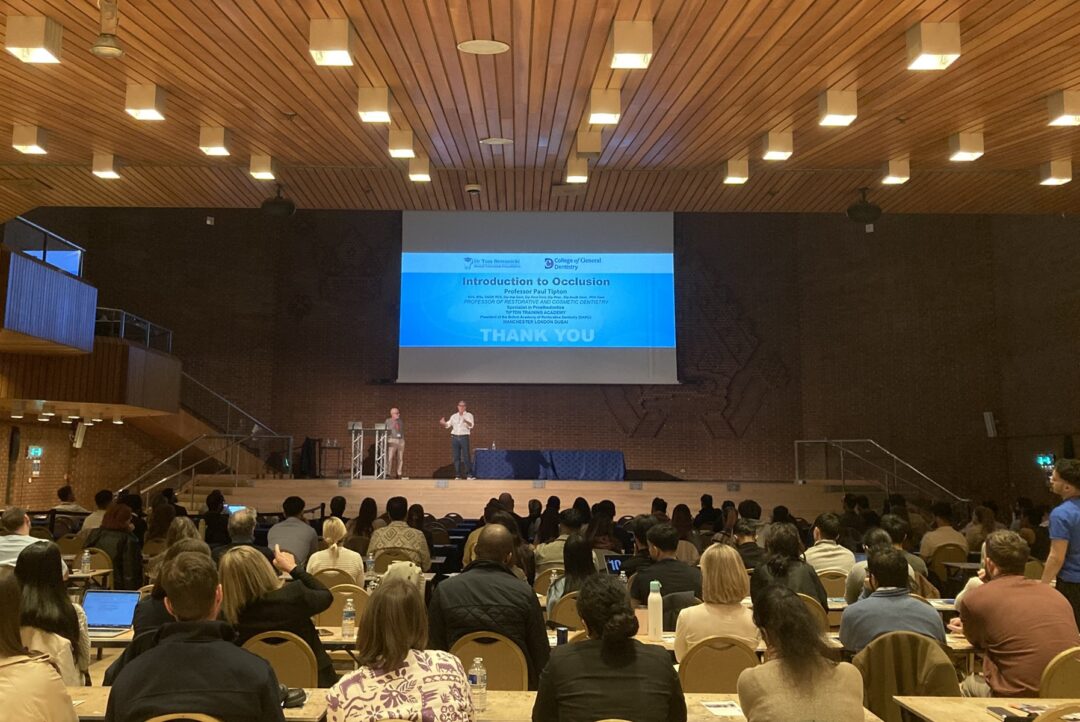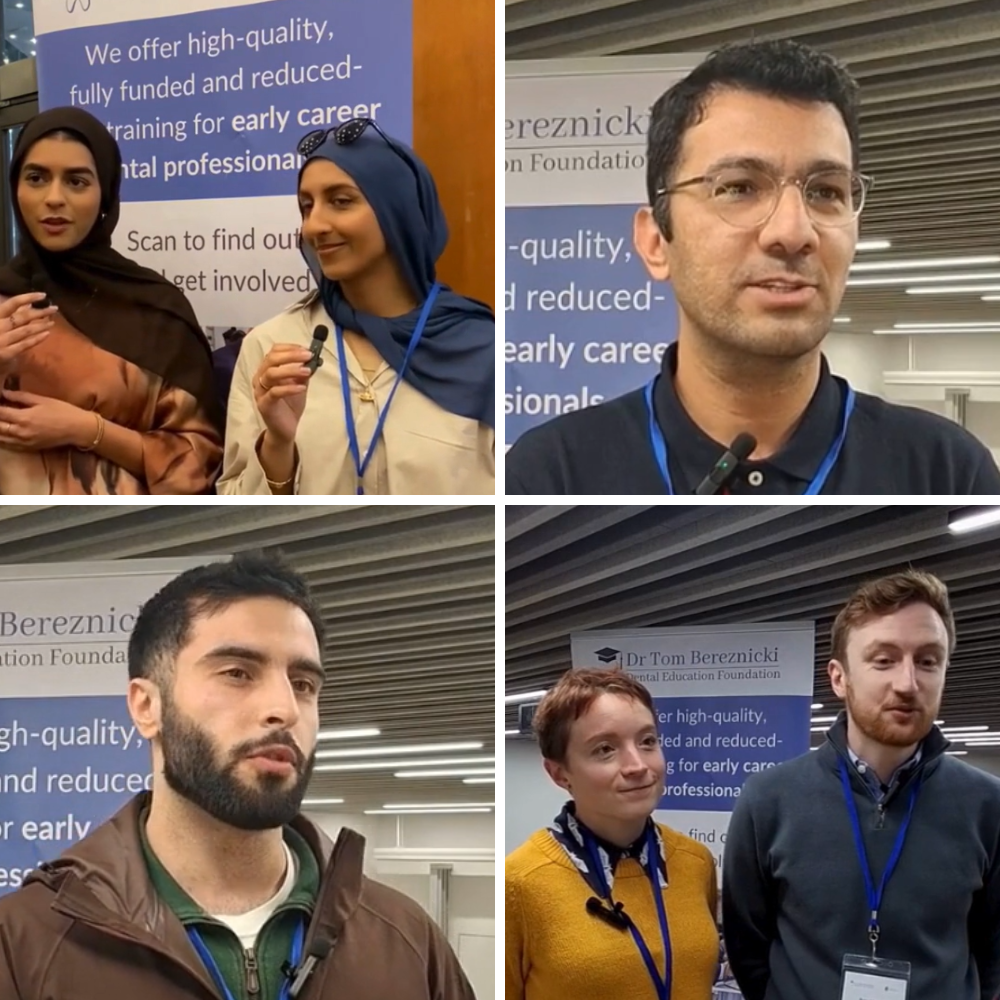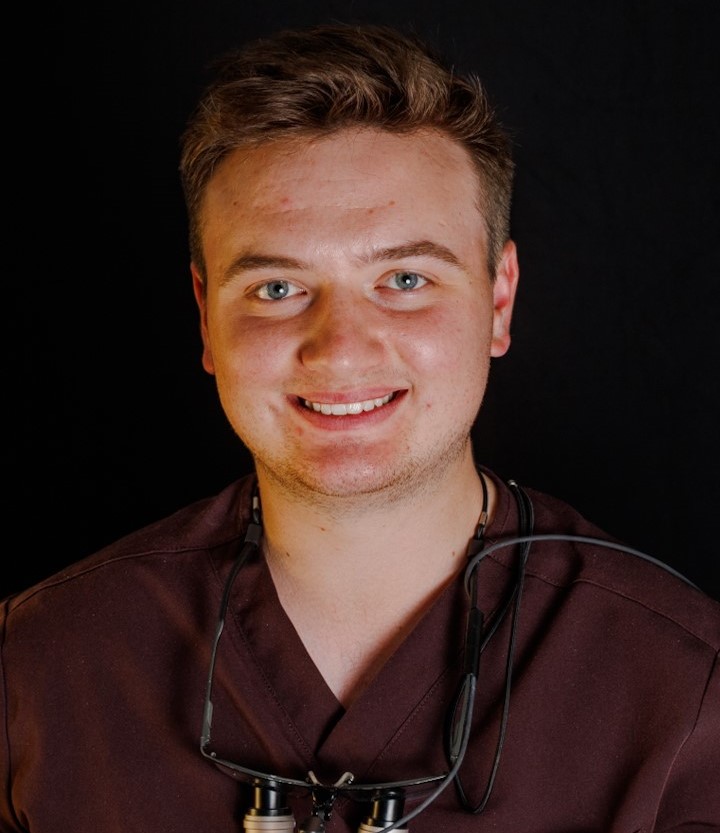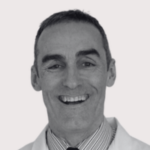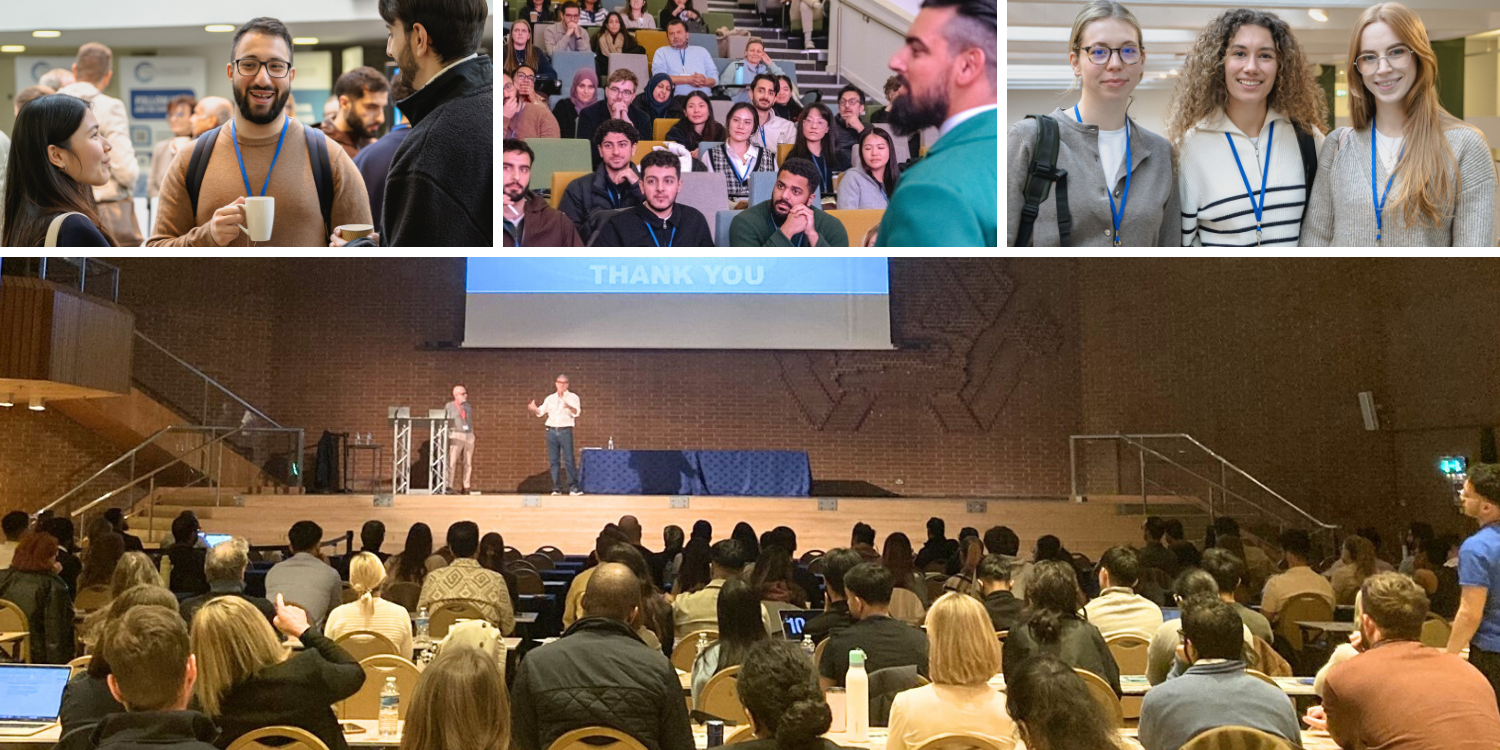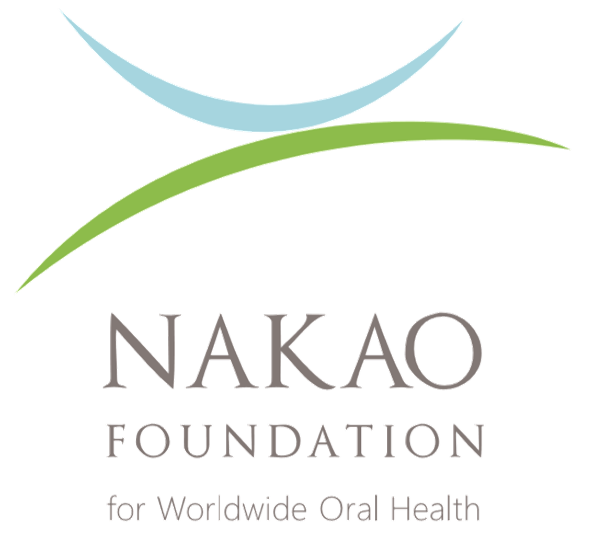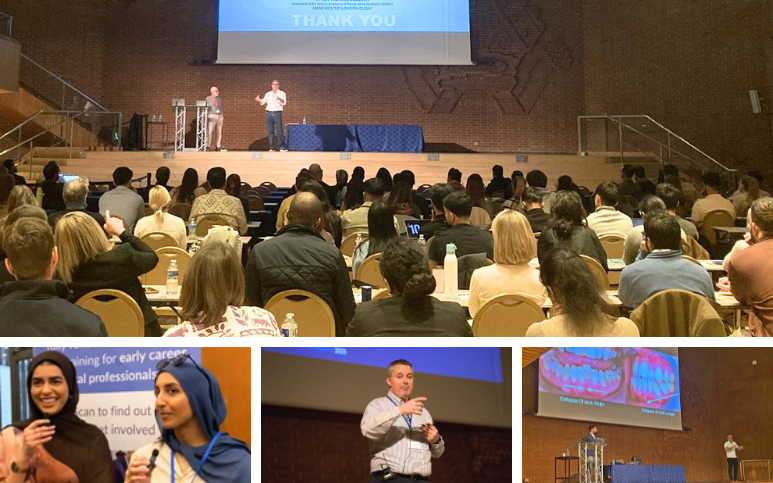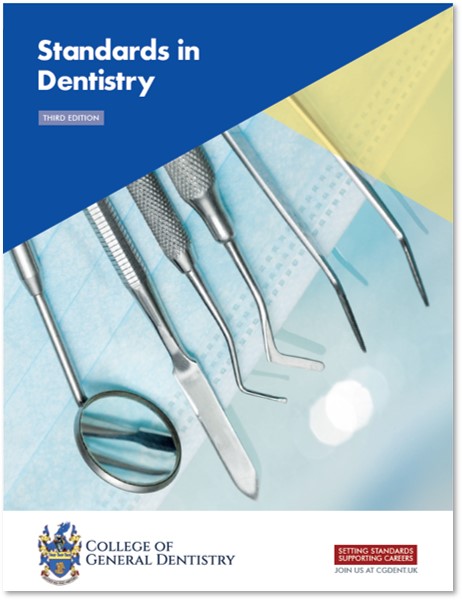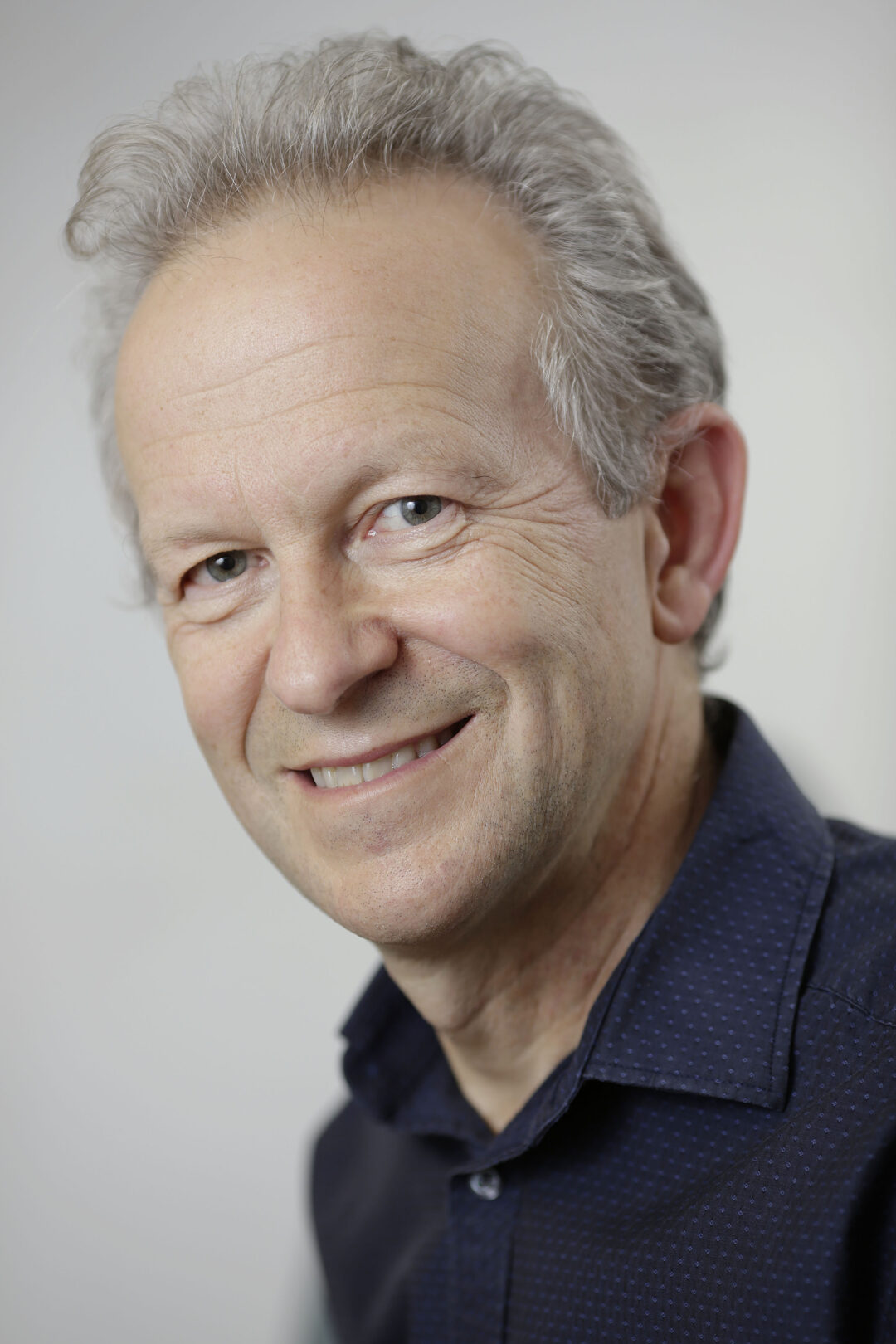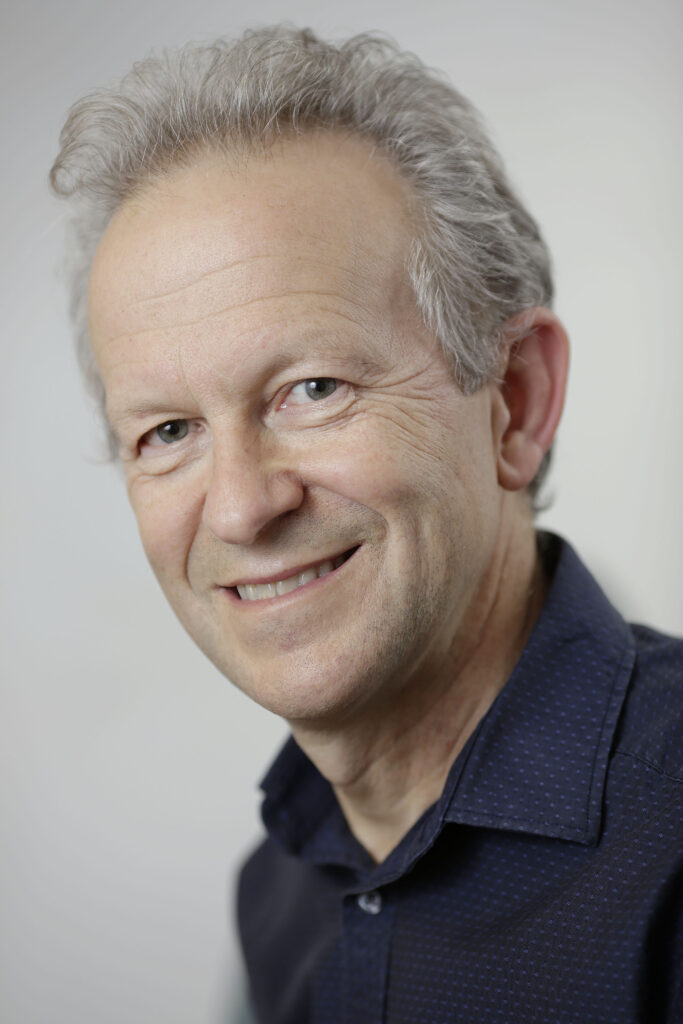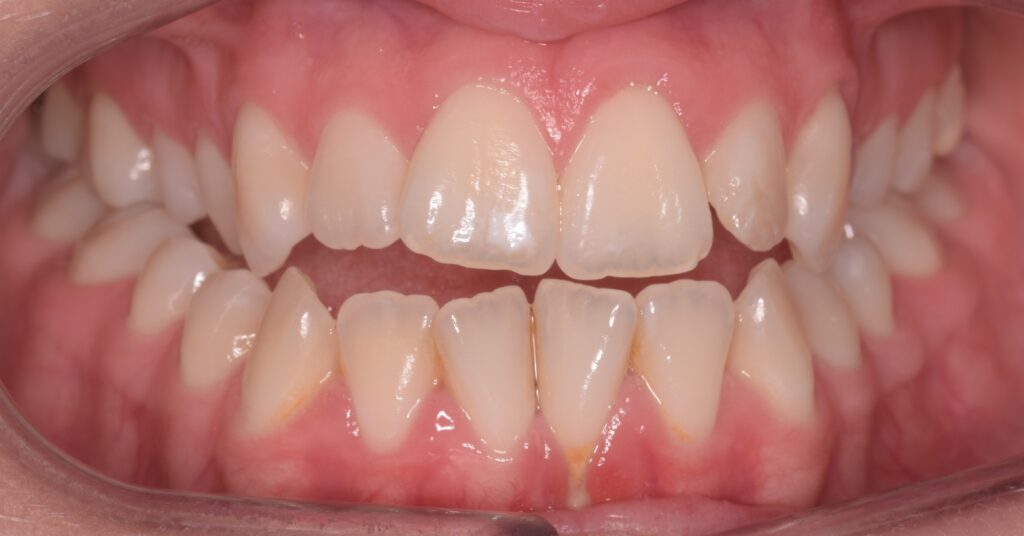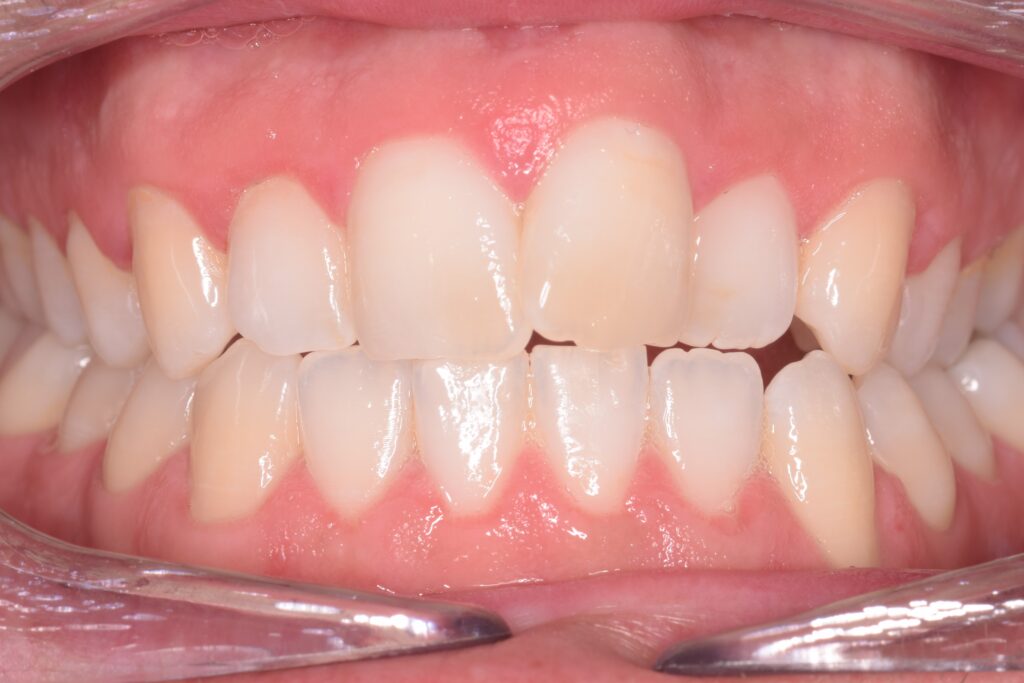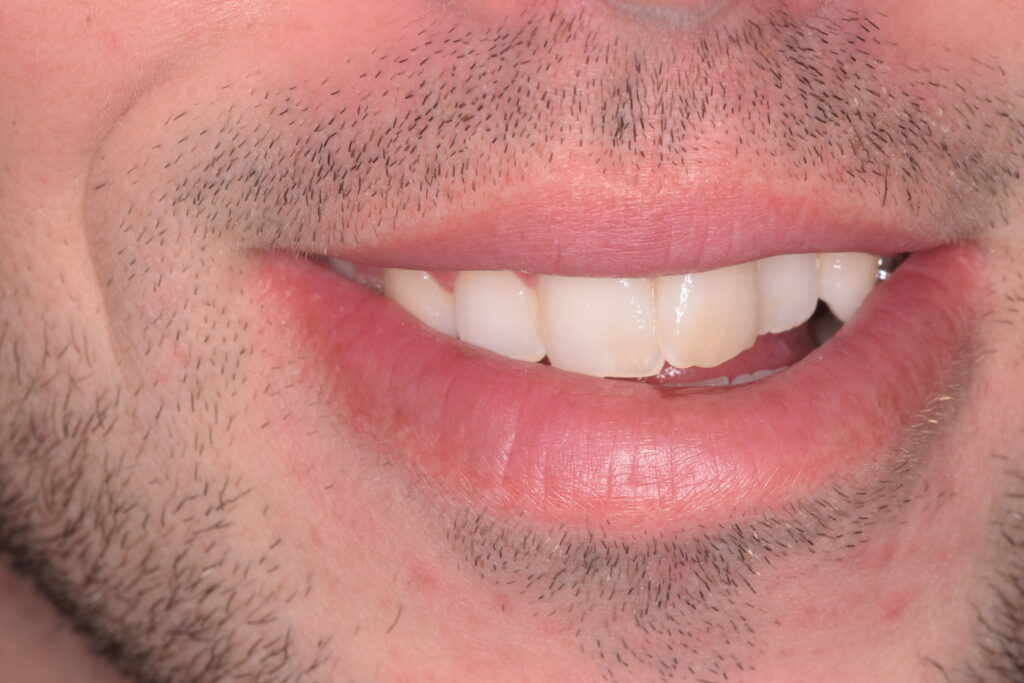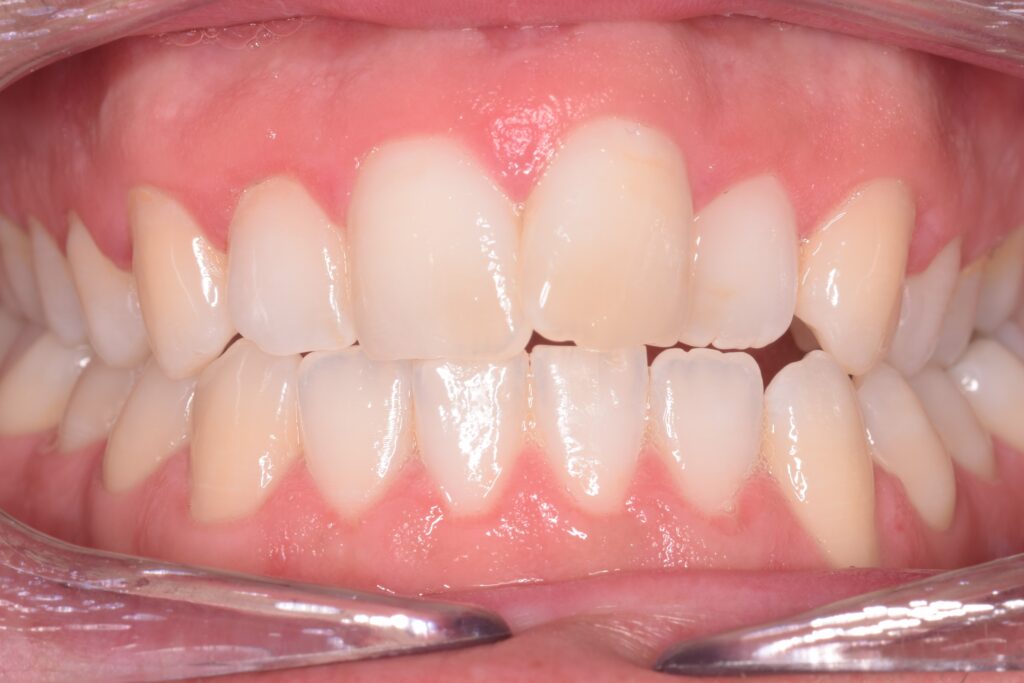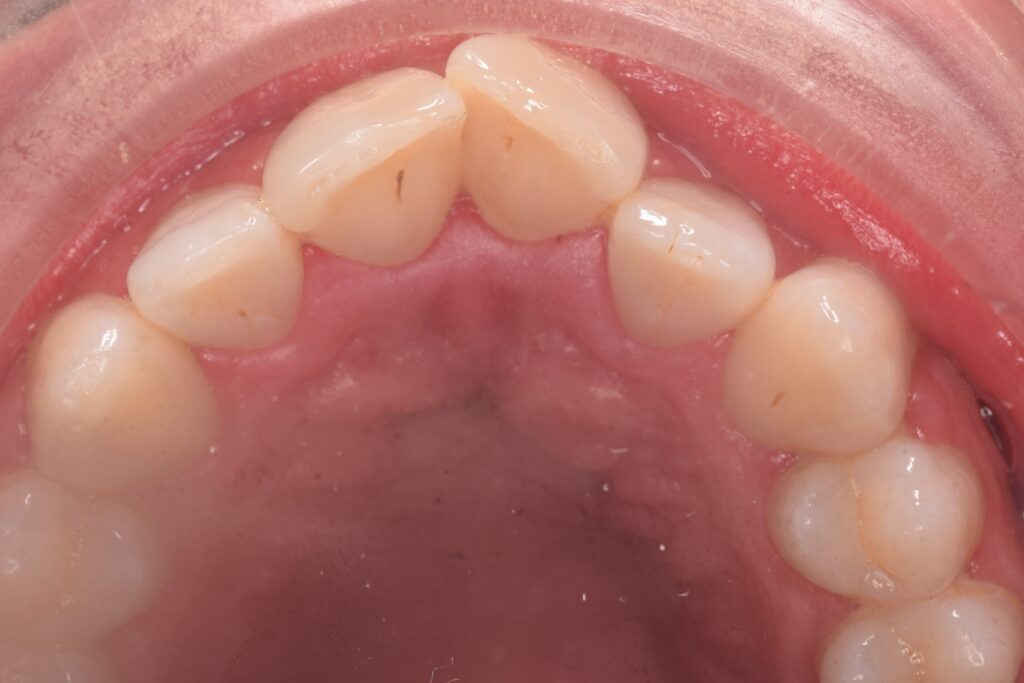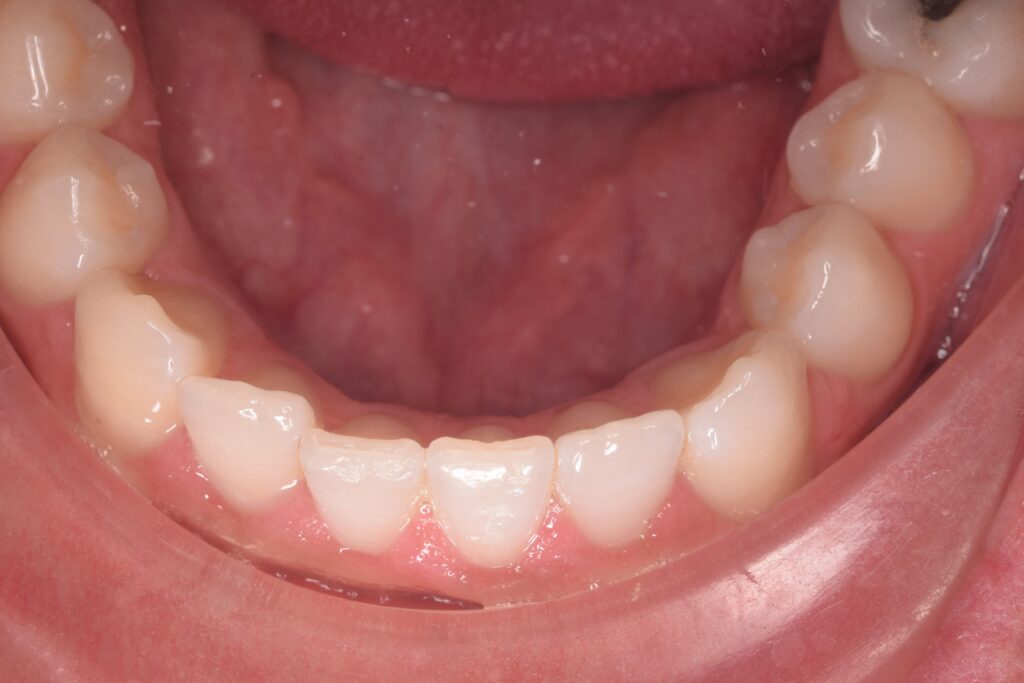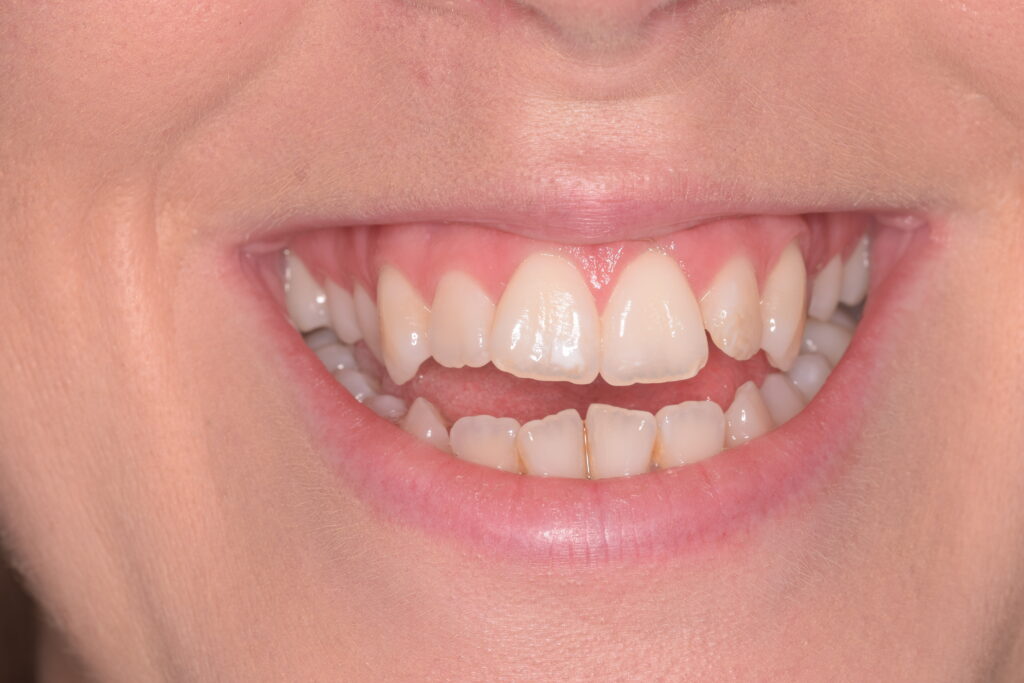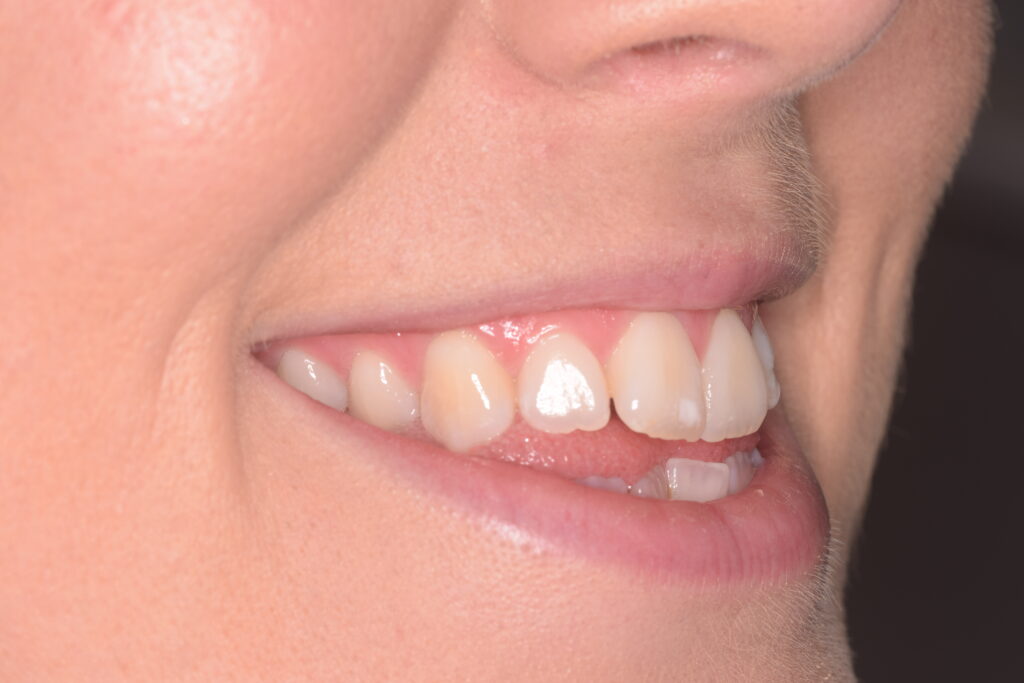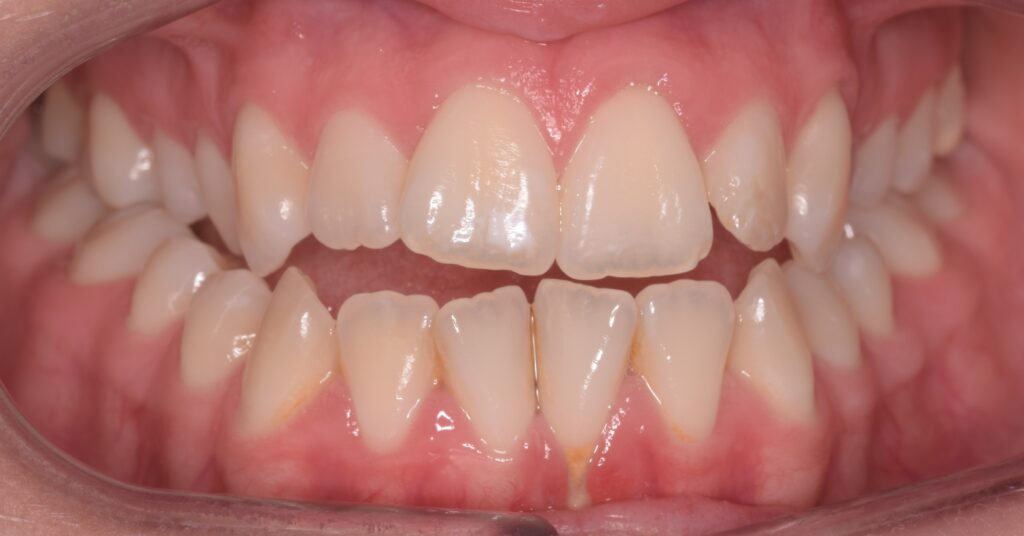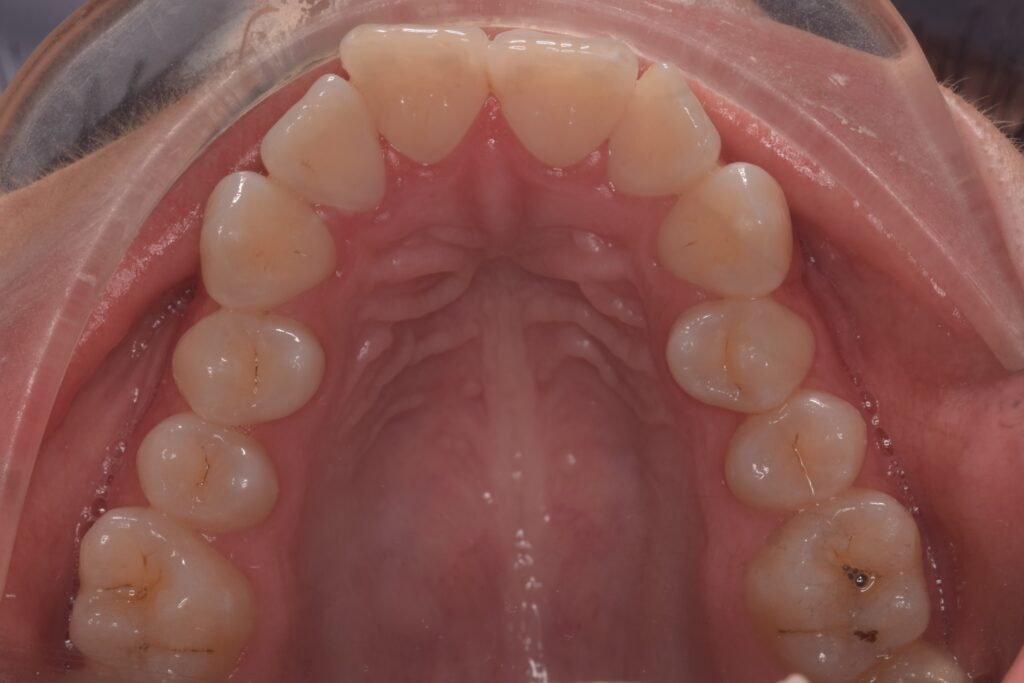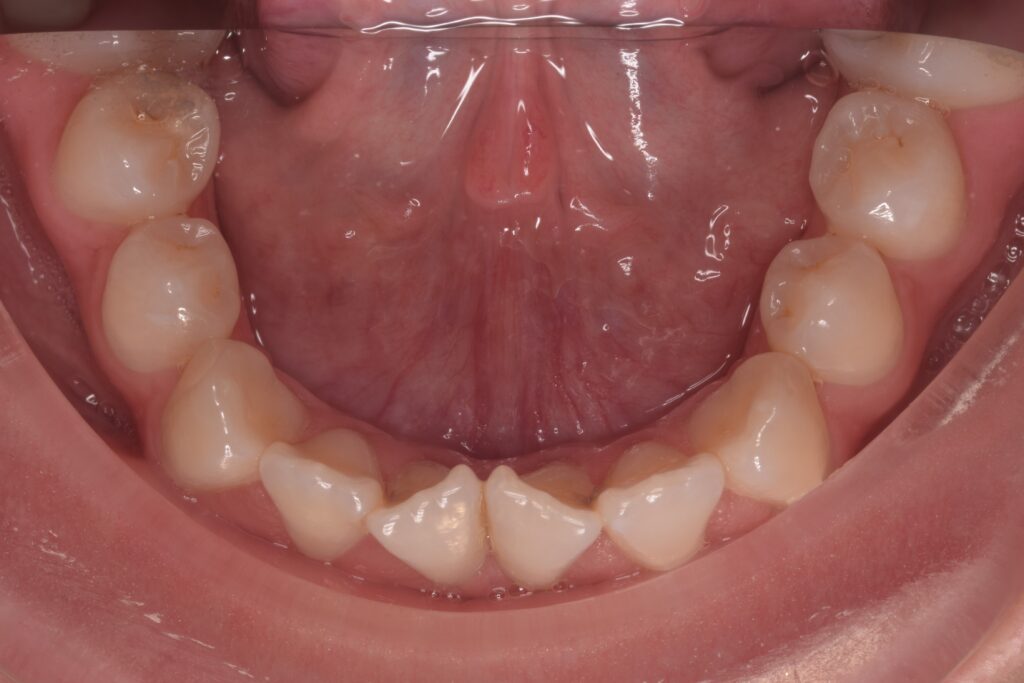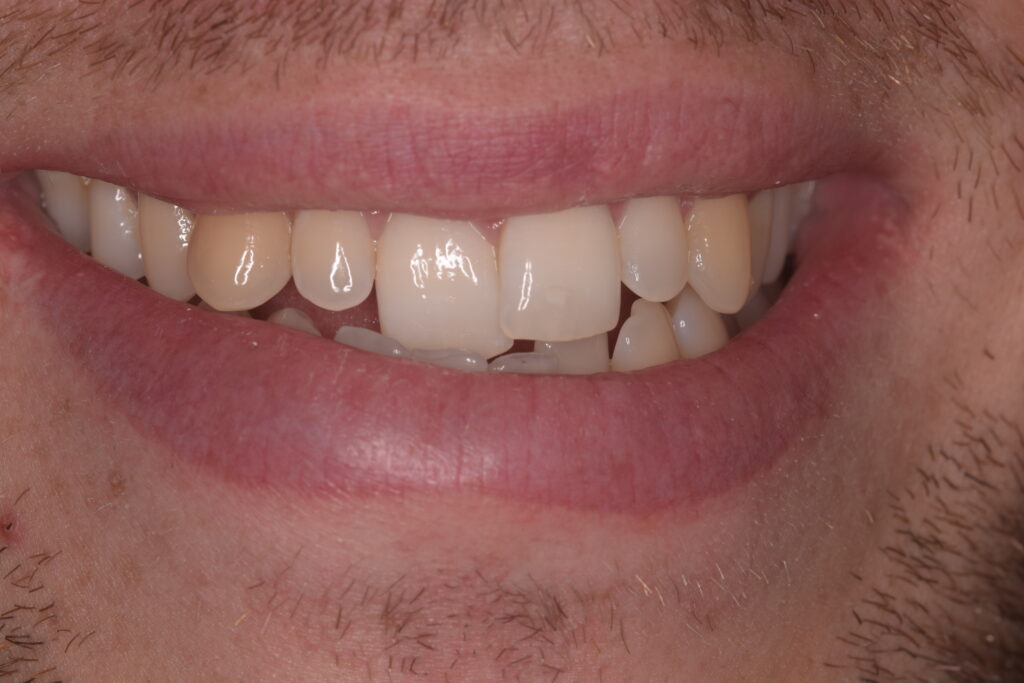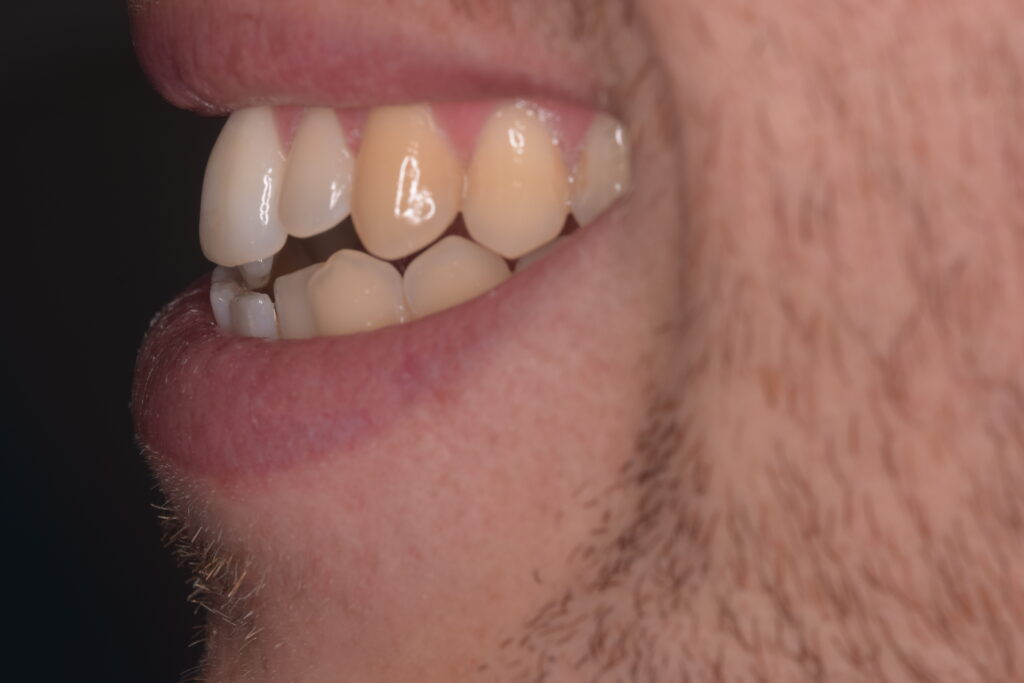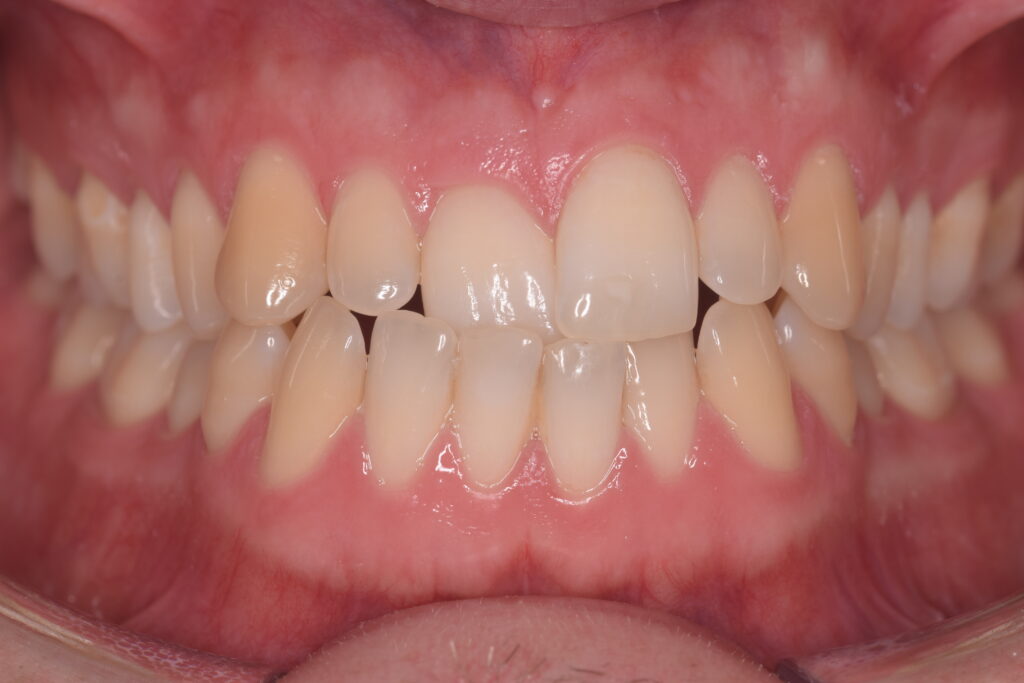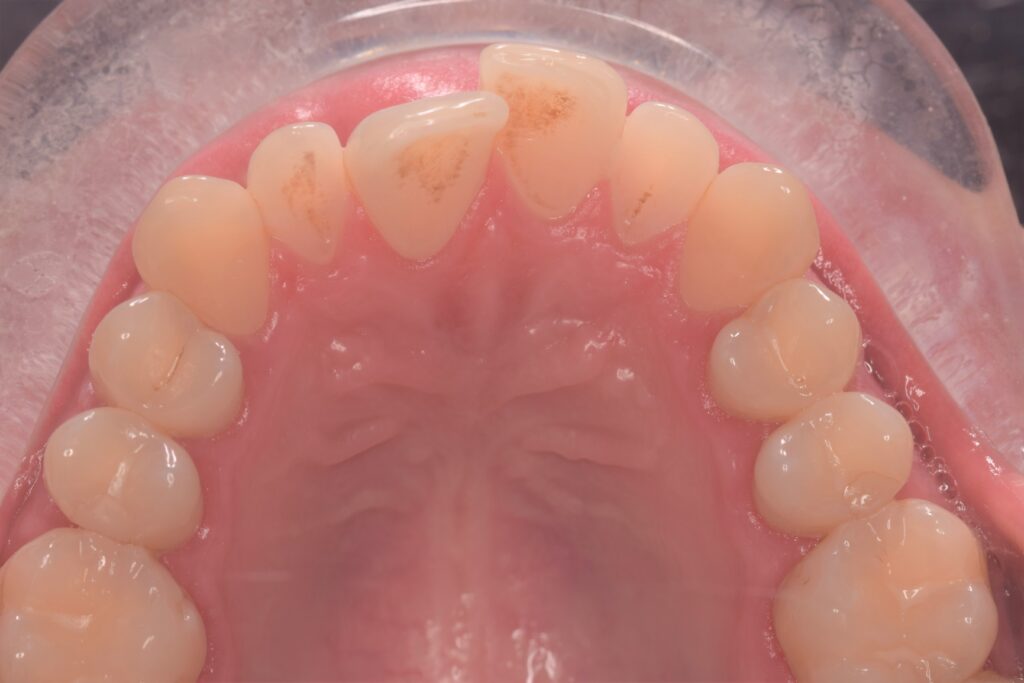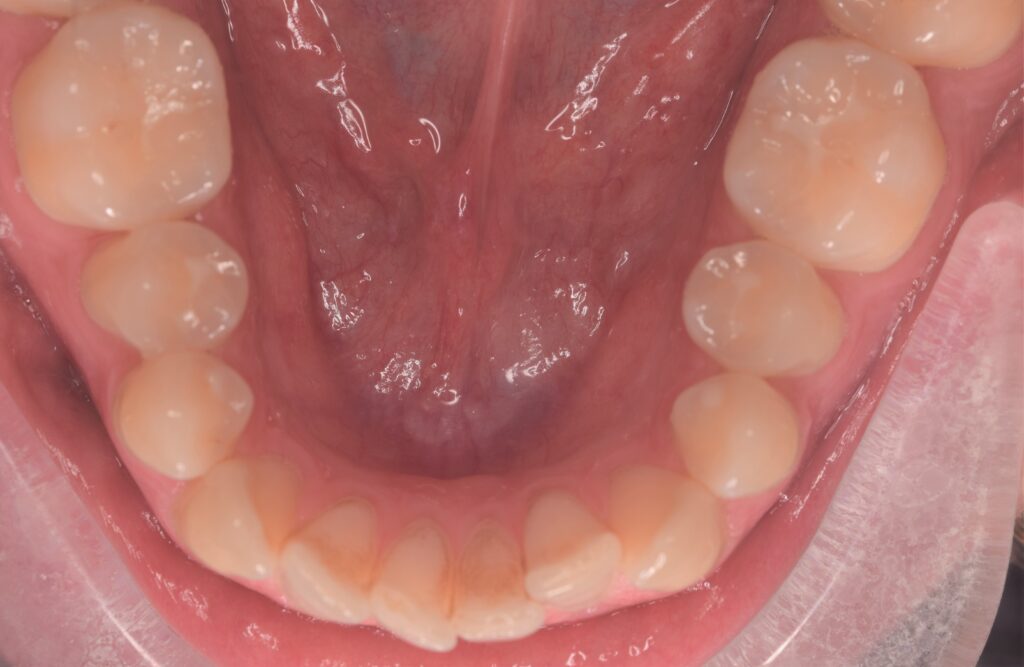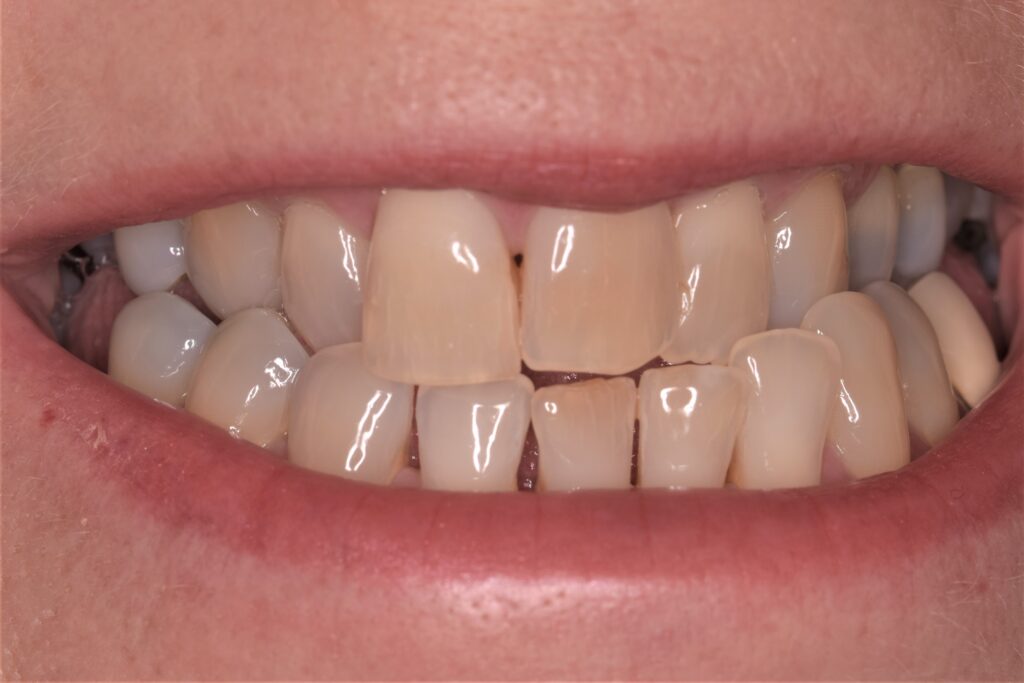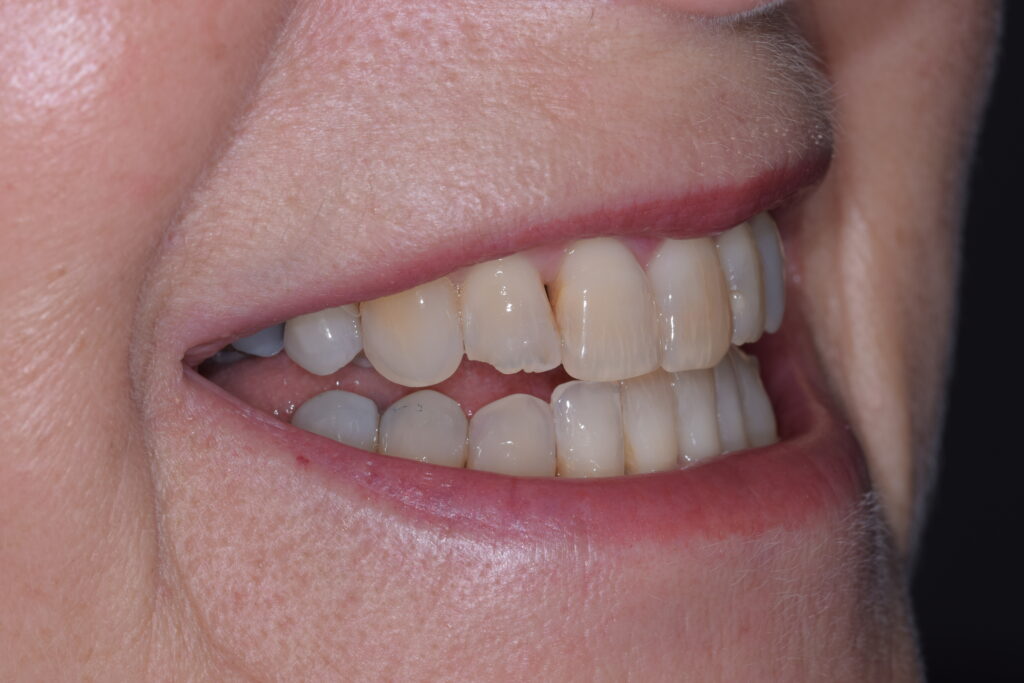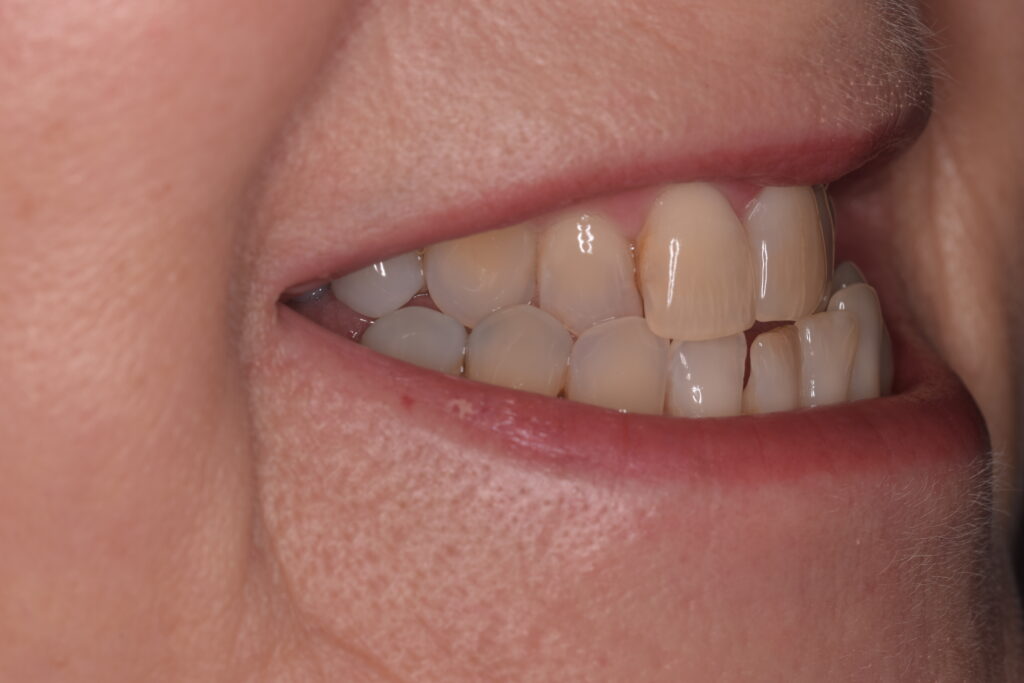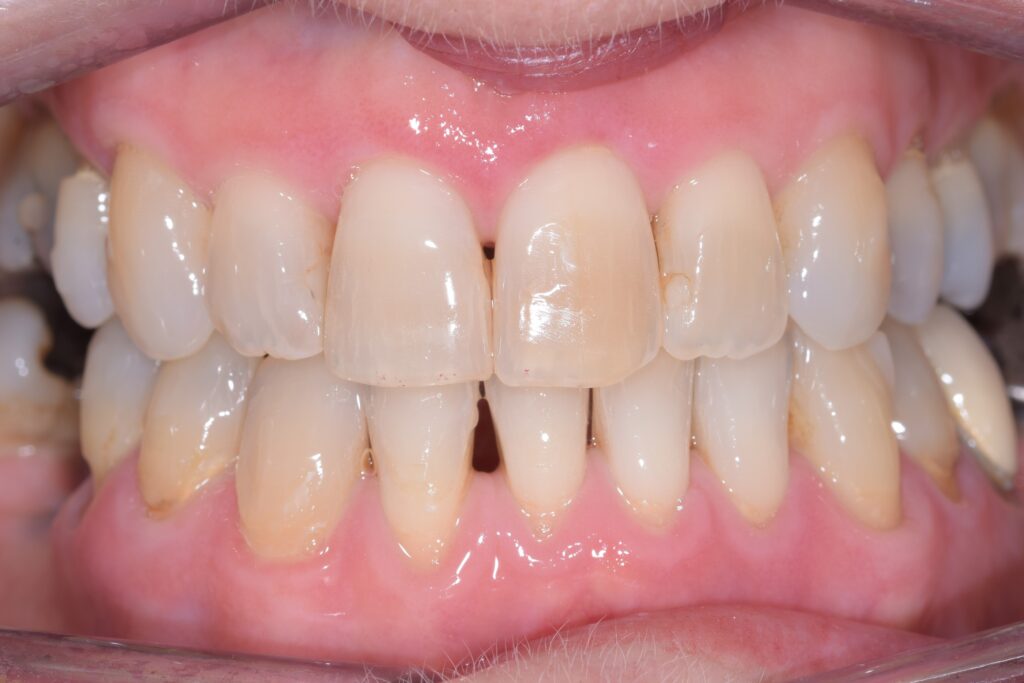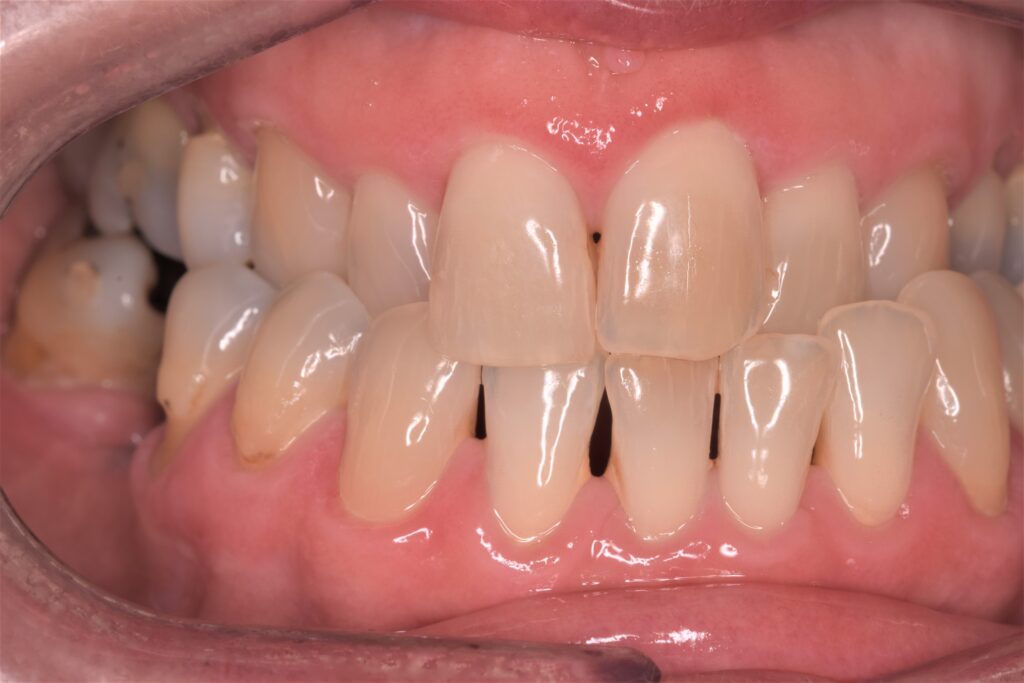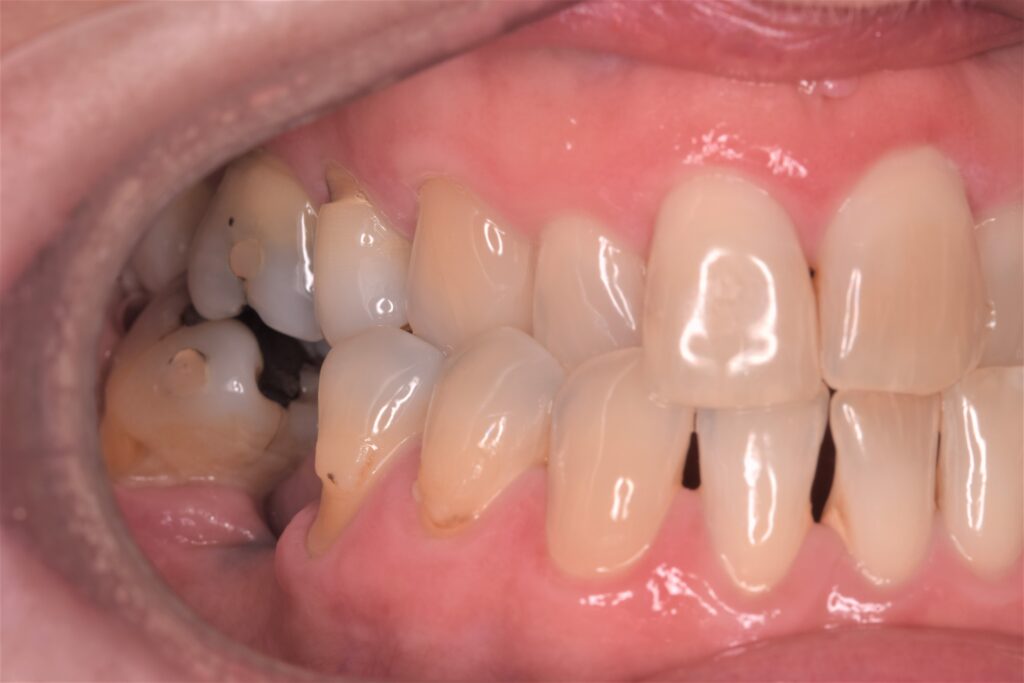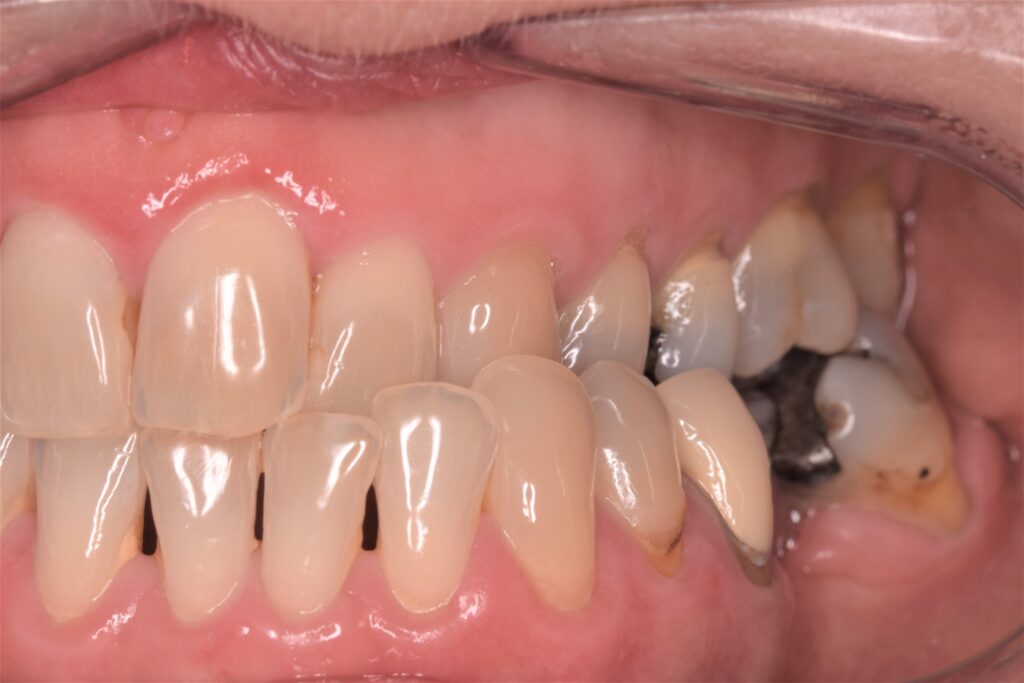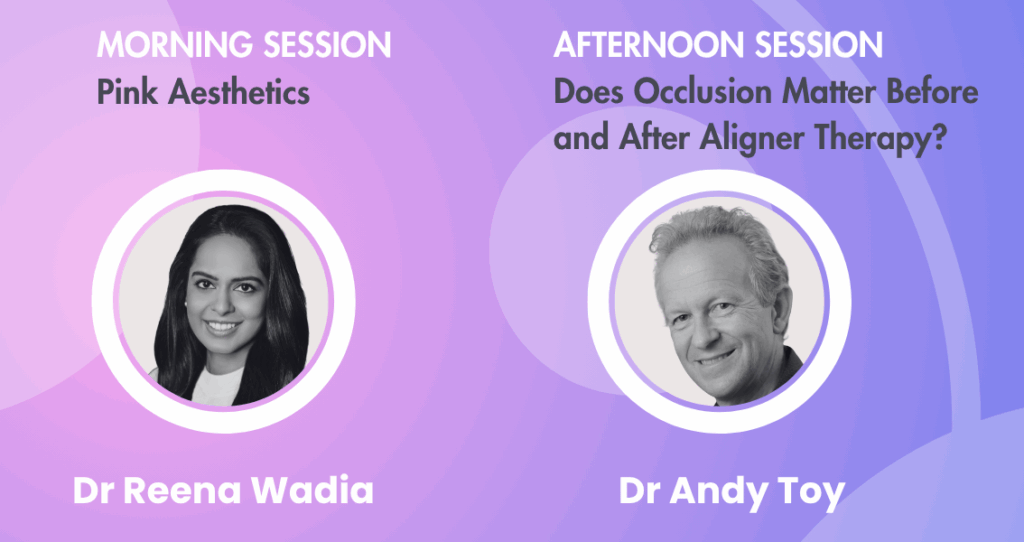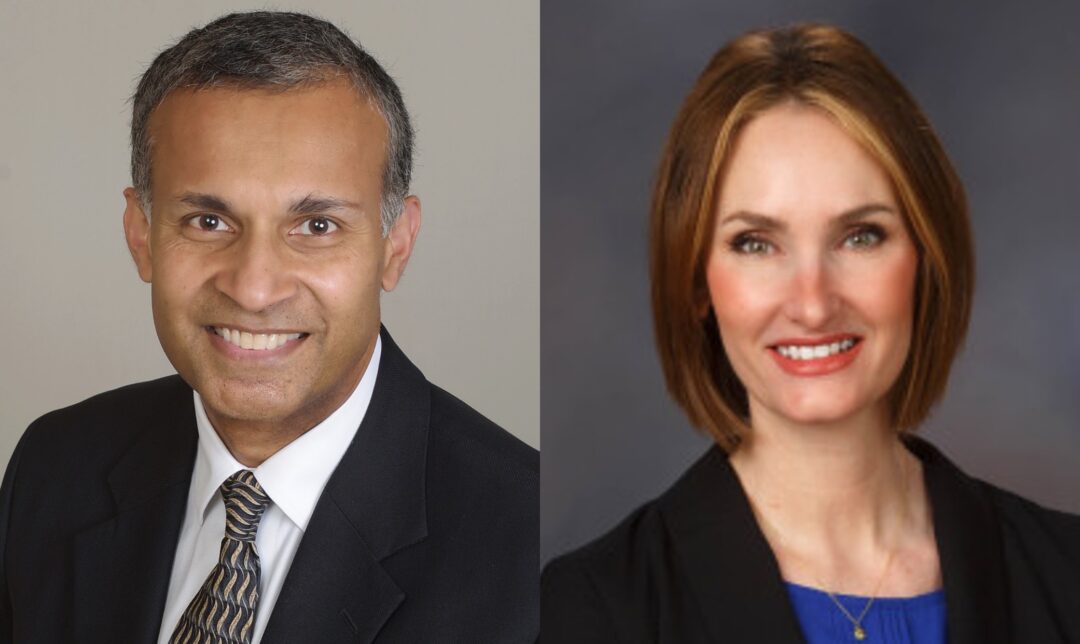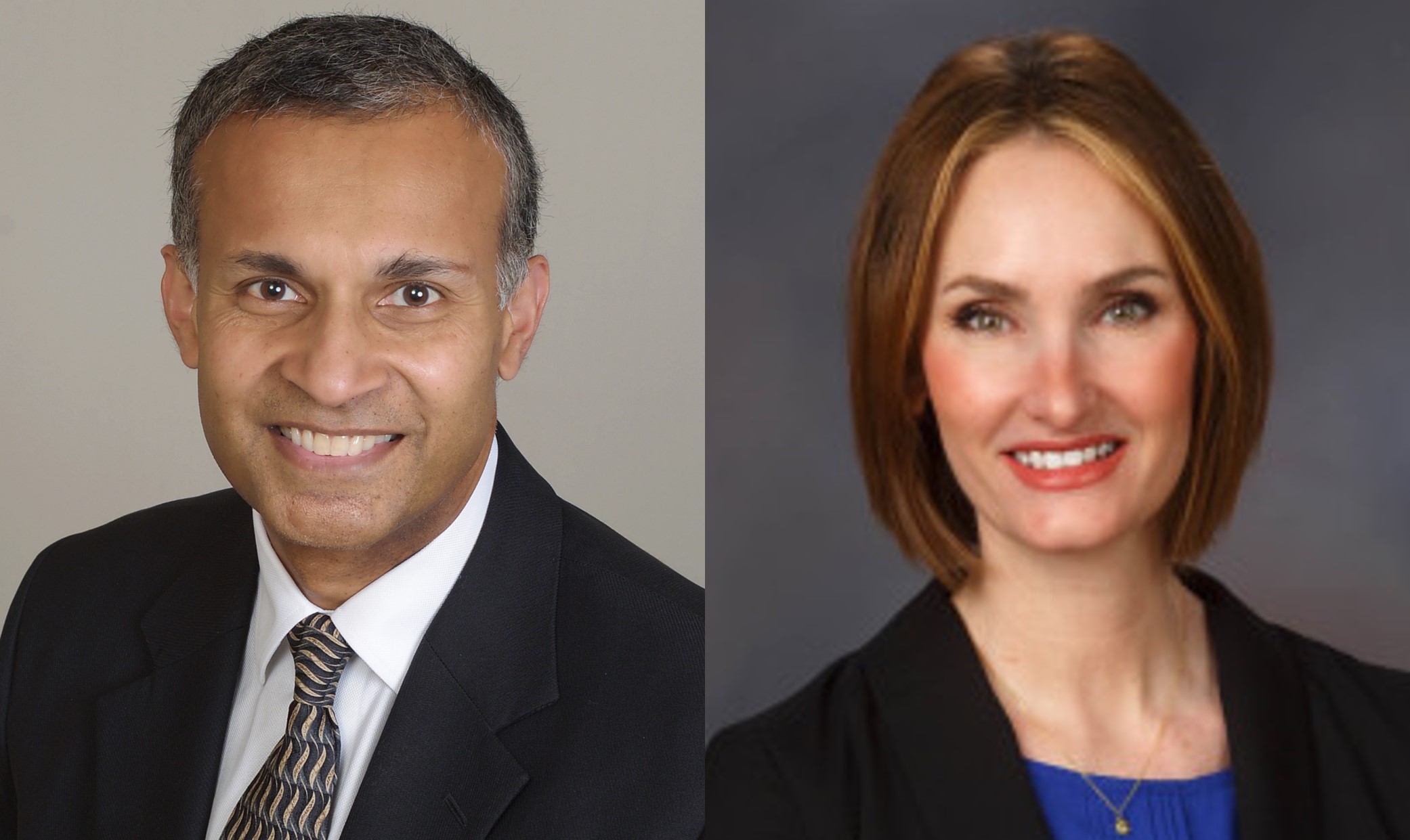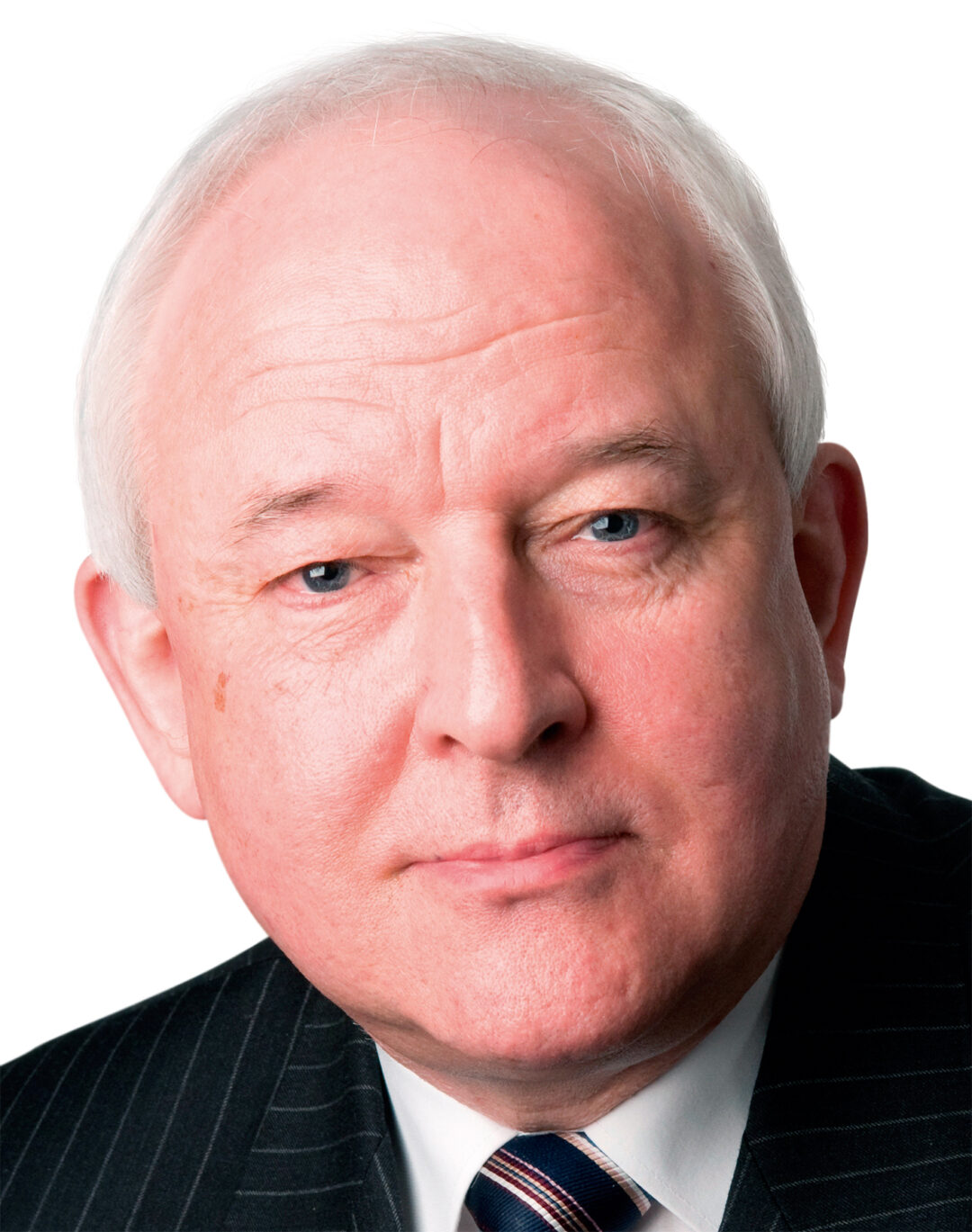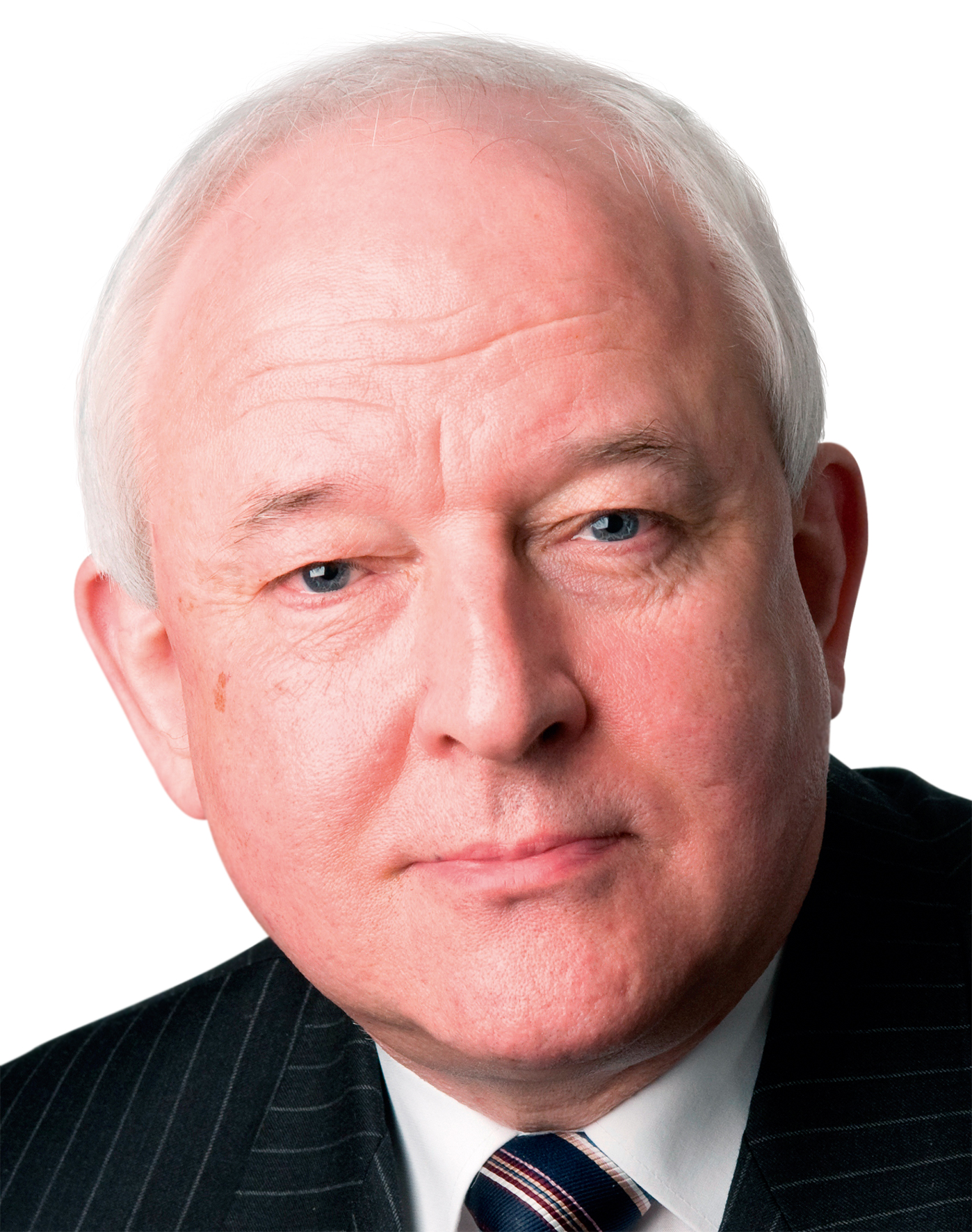The College has appointed Poppy Dunton as Chair of the Board of its Faculty of Dental Hygiene and Dental Therapy.
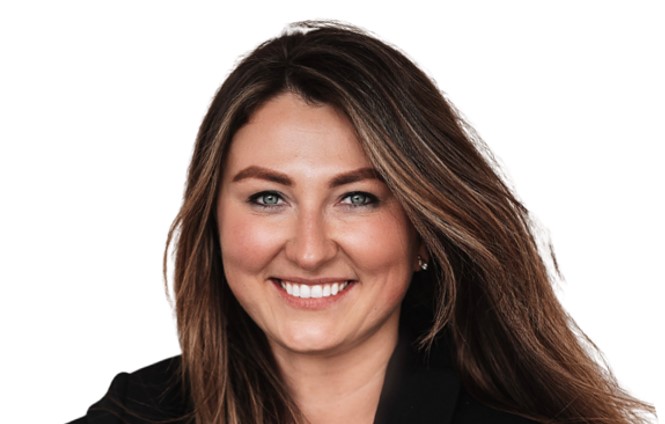
A dental therapist working in general dental practice and implant clinics in Harrogate, York and Durham, Poppy is also a Tutor and Clinical Supervisor in Dental Hygiene at Teesside University, and as a dental business consultant helps ailing squat practices to improve their periodontal care. She was previously Operations Manager, CQC Manager and Lead Dental Therapist at a private dental practice group in Northampton. Having first worked in dentistry on a work placement as a 15-year-old, she has also been a receptionist, compliance and treatment coordinator and dental nurse.
She completed the National Certificate in Dental Nursing in 2008 and graduated from Cardiff University with a Diploma of Higher Education in Dental Therapy and Dental Hygiene, where she was awarded the Johnson and Johnson Clinical Excellence Prize, in 2011. She also holds a City & Guilds Diploma in Leadership and Management, a Level 6 qualification in employment law from the Institute of Paralegals, the Perio School Diploma in Periodontics for Hygienists and Therapists and the Smile Dental Academy Diploma in Restorative and Aesthetic Dentistry for Dental Therapists, and has completed training as a Menopause Coach in order to help improve the care provided to her patients.
She joined the College as an Associate Member in 2022, enrolled on the Certified Membership Scheme, was appointed to the Board of the Faculty of Dental Hygiene and Dental Therapy and was a facilitator at the College’s NextGen Leadership Workshop in 2023. She is also a member of the British Society of Dental Hygiene and Therapy, the British Association of Dental Therapists, the Association of Dental Implantology and the British Society of Periodontology and Implant Dentistry.
The Faculty of Dental Hygiene and Dental Therapy is a constituency automatically comprising all members of the College who are dental hygienists and/or dental therapists, and the Faculty Board advances the interests of these professional groups within the College. The board also includes Sarah Murray MBE, Fiona Sandom FCGDent MBE and Jyoti Sumel.
The Chair is appointed for a three-year term, and Ms Dunton succeeds Frances Robinson AssocFCGDent in the role. She will advise and report to the College Council, and will work closely with the President and the other Faculty Board Chairs – Avijit Banerjee FCGDent (Faculty of Dentists), Debbie Reed FCGDent (Faculty of Dental Nursing & Orthodontic Therapy), and Bill Sharpling FCGDent (Faculty of Clinical Dental Technology & Dental Technology) – in realising College priorities for the whole dental team.

